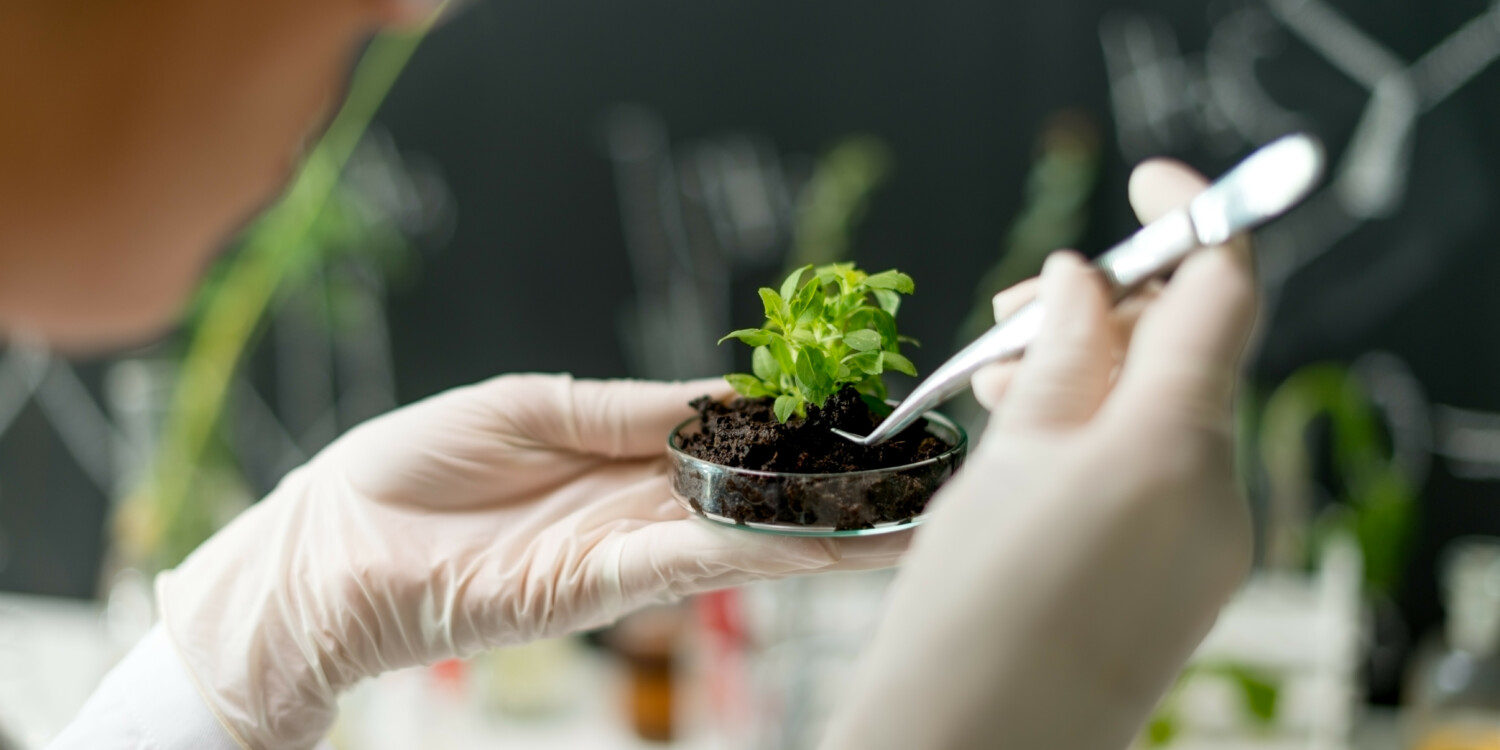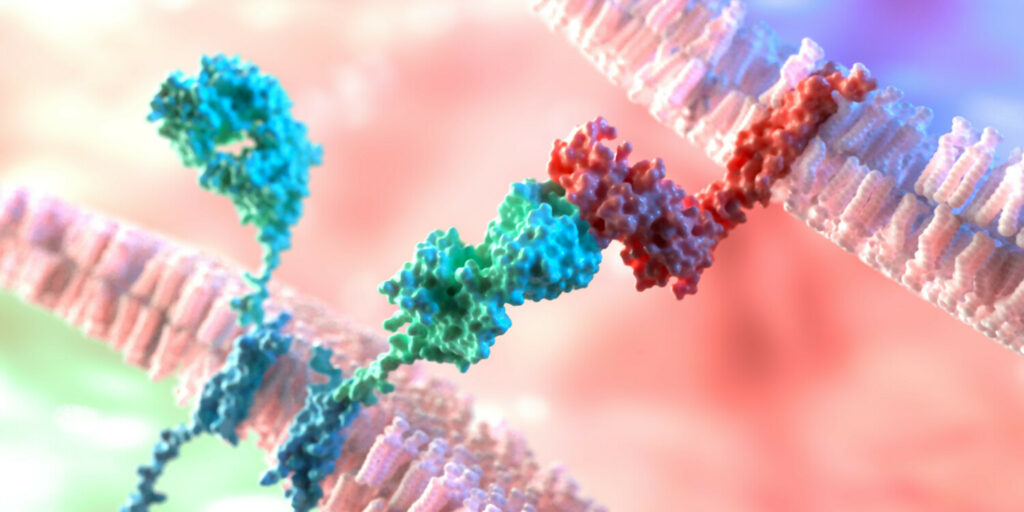How Hard Is Biology A-Level? Is it harder than Maths? What about when compared to Chemistry and Physics?
Are you asking any or all of these questions? If so, you’re not alone. Do you know that Biology remains to be one of the most popular A-Level subjects in the UK? Around 63,765 students enrolled in A-Level Biology 2021. Making it the 3rd most popular A-Level.
It’s easy to be overwhelmed when figuring out your future goals. Let alone finding the most efficient way to get there. That’s why you need personal guidance from expert tutors who’ve been where you are and who are where you want to be.
How you ask? By attending our Biology Summer School, you’ll get a taste of what Biology is like at the university level. Plus, you’ll receive personalised guidance from expert tutors to help you decide your next steps in education.
We’ve also prepared this article to help you decide if A-Level Biology is worth your time and investment. Read on!
Is A-Level Biology Harder Than Maths?
Yes, A-Level Biology is harder than Maths based on the percentage of students who’ve achieved A*s and As. The “Biology Grade in 2022” table shows that 12.8% of students received an A* while 21% achieved an A.
| Biology Grade in 2022 | Percentage |
| A* | 12.8% |
| A | 21% |
Compare this Biology Grade data with the “Maths Grade in 2022” table below. Here, more students got high grades. A whopping 22.8% got an A*, and 24.3% bagged an A.
| Maths Grade in 2022 | Percentage |
| A* | 22.8% |
| A | 24.3% |
Conclusion? Since fewer students got A*s and As in Biology than in Maths, Biology is harder than Maths. What could be the reason?
One potential reason why Biology may be harder than Maths is the amount of reading material you will need to cover. In Biology, you’ll have to read and remember specific details.
But Maths is more of practice. As long as you solve a problem or set of problems daily, you’ll get the hang of it.
Is A-Level Biology Harder Than Physics?
Yes, A-Level Biology is quite harder than Physics based on the percentage of students who received A*s and As. Take a look at the “Physics Grade in 2022” table below, where 16.4% of students achieved an A*, and 22.1% received an A.
| Physics Grade in 2022 | Percentage |
| A* | 16.4% |
| A | 22.1% |
How do these Physics percentages compare with Biology? The following table shows that Biology only has 12.8% who managed to get an A* compared to Physics’ 16.4%.
But when it comes to getting an A, the difference is negligible. Biology’s 21% isn’t so far below Physics’ 22.1%.
| Grade | (Biology) Percentage | (Physics)Percentage |
| A* | 12.8% | 16.4% |
| A | 21% | 22.1% |
Hence, students found Biology harder than Physics when it comes to getting top-notch grades.
Again, what could be the reason? Physics has a logical, mathematical aspect to it. You’re good to go as long as you know which formula to use for which problem! Plus, you can often derive a formula from other formulas.
But with Biology, if you don’t remember what a lymphocyte is made of, then you don’t know the answer.
Is A-Level Biology Harder Than Chemistry?
Yes, Biology is a little bit harder than Chemistry when it comes to the percentage of students who achieved A*s and As, but not very much. About 13.6% gained an A*, and 24.4% acquired an A.
| Chemistry Grade in 2022 | Percentage |
| A* | 13.6% |
| A | 24.4% |
How does that compare to Biology? Check out the table below. Chemistry’s 13.6% is to Biology’s 12.8% for A*. And Chemistry’s 24.4% is to Biology’s 21% for A.
Not far from each other, right? Indeed! Both subjects are expansive and wide-ranging. Making them challenging to revise.
| Grade | (Biology) Percentage | (Chemistry)Percentage |
| A* | 12.8% | 13.6% |
| A | 21% | 24.4% |
Join the Immerse Education 2025 Essay Competition
Follow the instructions to write and submit your best essay for a chance to be awarded a 100% scholarship.

Is Chemistry or Biology A-Level Better?
Whether Chemistry or Biology is better depends on your next steps in education. Are you planning to take Chemical Engineering, for instance? Definitely go for Chemistry!
What if you’re more focused on pursuing Biology itself? Take Biology!
Here’s the thing, Chemistry plays a significant role in Biology. These two subjects are not in competition against each other. Instead, they work together to explain the wonders of the world around you and in you.
Here are some degrees wherein both Chemistry and Biology are often studied together:
- Medicine
- Veterinary Medicine
- Dentistry
- Biomedical Sciences
- Healthcare Science
- Chemistry
- Pharmacy
There are also very rewarding and well-paid jobs for biology graduates that should help keep your motivation levels up.
Is A-Level Biology a Good A-Level?
Yes, A-Level Biology is an excellent A-Level, especially if you’re planning to pursue Healthcare and Biology-related degrees.
A-Level Biology is such a highly respected A-Level that it’s considered one of the “facilitating subjects.” What are facilitating subjects? Studying facilitating subjects in your A-Levels will give you the widest range of course options (e.g. Sports Science and Psychology) in numerous universities.
If you’re keen to take Biology further to university level, then check out our article on how to revise biology a-level?
Do You Need to be Good at Maths to Do A-level Biology?
A little bit. Only about 10% of A-Level Biology requires you to use your mathematical skills, such as using
- the proper units when calculating
- appropriate decimal and standard forms
- fractions, percentages, ratios
- graphs to interpret data
- simple probability
- statistical test
- algebra
- and geometry in the context of Biology.
The key? Consistent revision and practice!
What are the Requirements to Study A-Level Biology?
The usual requirements to study A-Level Biology include Grade 4/C or above for
- Biology
- Maths
- and English at GCSE
Double science could substitute Biology if you didn’t take it.
What Will You Study in A-Level Biology?
The topics you’ll study in A-Level Biology may differ here and there depending on the provider. But common core topics include:
Biological Molecules
- Monomers and polymers
- Carbohydrates
- Lipids
- Proteins
- Nucleic acids
- Water
- Inorganic ions
Cells
- Cell structure
- All cells arise from other cells
- Cell membrane transport
- Cell recognition & the immune system
Organisms exchange substances with their environment
- Surface area to volume ratio
- Gas exchange
- Digestion and absorption
- Mass transport
Genetic information, variation and relationships between organisms
- DNA, genes and chromosomes
- DNA and protein synthesis
- Genetic diversity due to mutation or meiosis
- Genetic diversity and adaptation
- Species and taxonomy
- Biodiversity within a community
- Investigating diversity
Energy transfers in and between organisms
- Photosynthesis
- Respiration
- Energy and ecosystems
- Nutrient cycles
Organisms respond to changes in their environments (Internal and External)
- Internal and External Stimuli lead to a response
- Nervous coordination
- Skeletal muscles are stimulated to contract by nerves and act as effectors
- Homeostasis
Genetics, populations, evolution and ecosystems
- Inheritance
- Populations
- Evolution may lead to speciation
- Populations in ecosystems
The control of gene expression
- Alteration of DNA sequence can alter protein structure
- What controls Gene expression?
- Using genome projects
- Gene technologies
How Long Does It Take to Complete the Whole A-Level Biology?
It’ll take you 2 years. But some providers allow you to complete it in 1 year if you’re focused and diligent enough.
How hard is Biology A-Level? Harder than Maths and Physics. And a bit more challenging than Chemistry. But is it worth the difficulty? Yes! Especially if you’re planning to pursue Healthcare and Biology-related degrees in higher education.



















